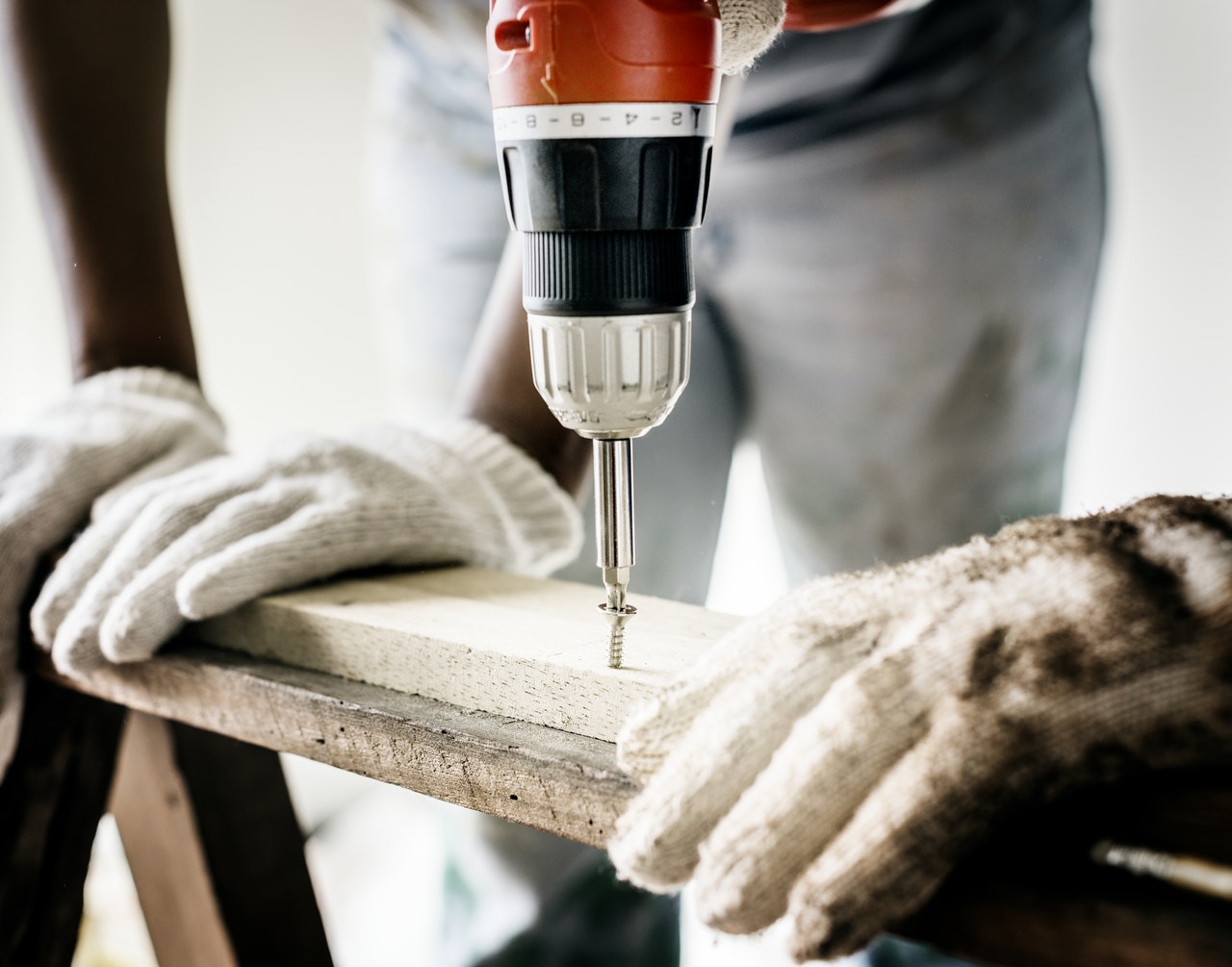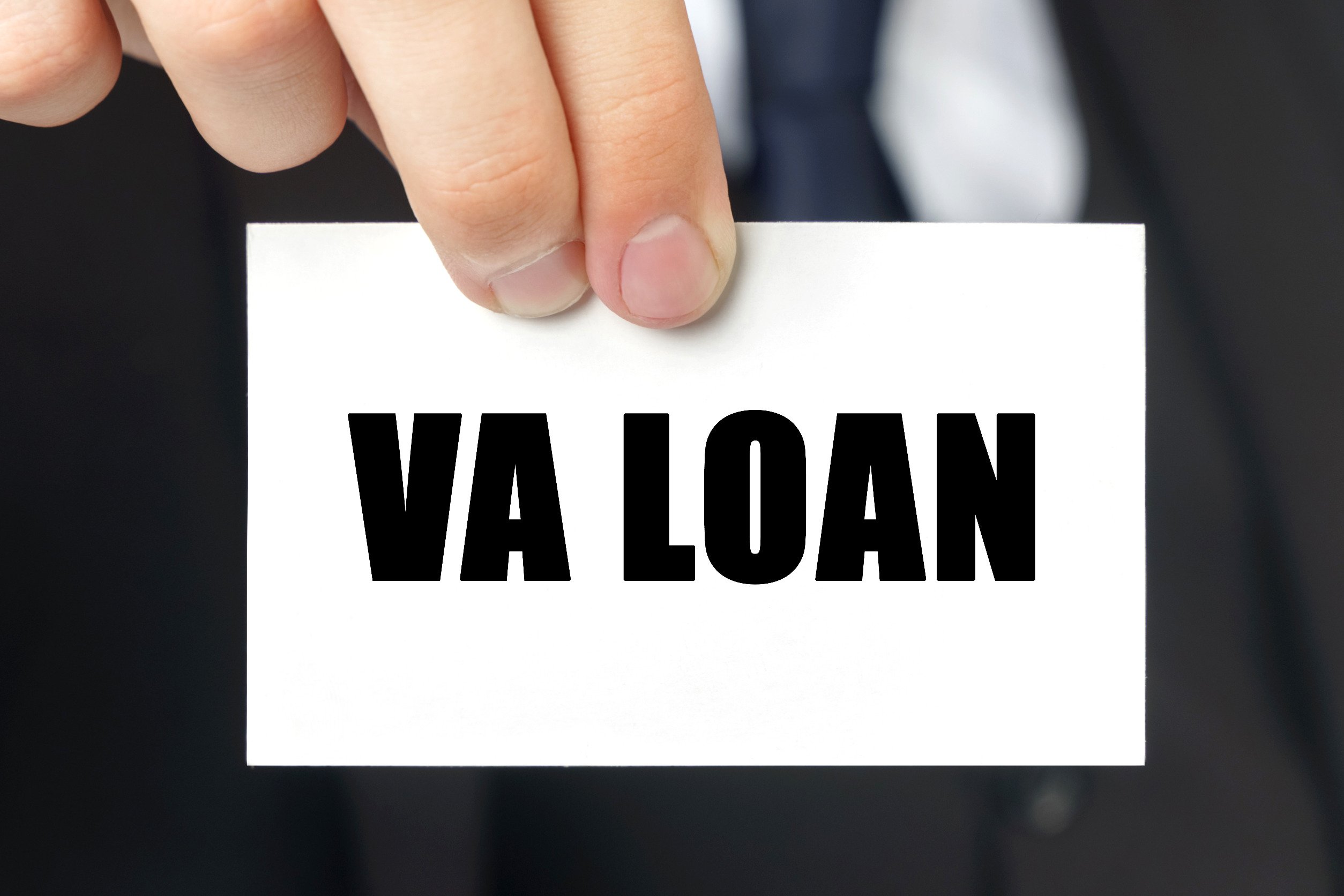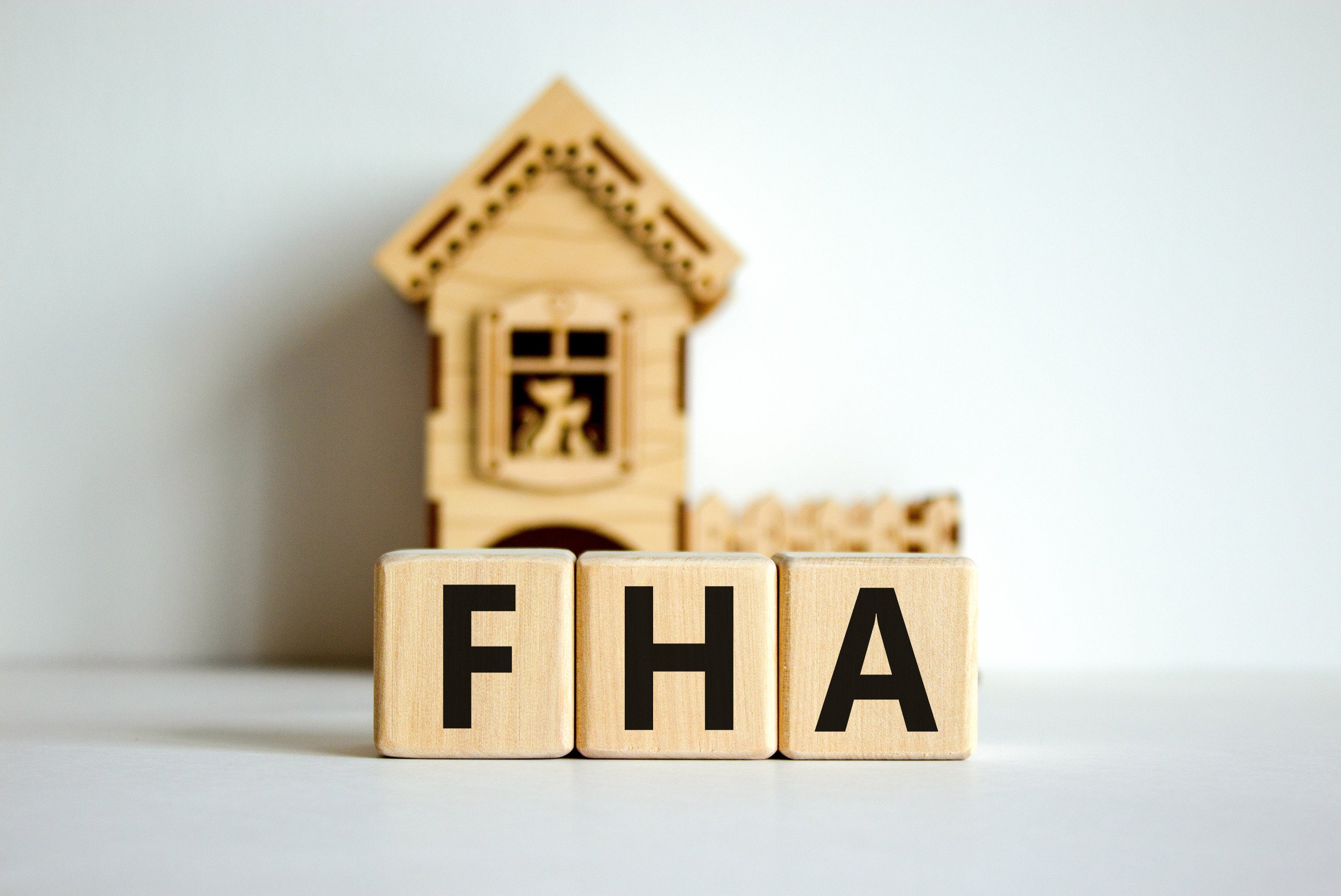You’ve been thinking about refinancing your home in Denver. You’ve done your research and know that the Denver housing market has seen over a 50% growth in value in the past 5 years alone.
You want to plan for your future and know that taking the equity out of your home through a refinance could be a quick and easy option to help you meet your goals. You’re right, and there are a lot of use cases for that money -- some that may even surprise you.
But before we give you six different ways to use your home’s equity, we want to provide you a little investor ed about the difference between a Home Equity Loan and HELOC. We get this question a lot. A home equity loan and a HELOC are fairly similar but not the same. A home equity loan, also known as a “cash out refinance” is very much like a mortgage. It’s approved for a specific amount that must be repaid over time with fixed monthly payments. Alternatively, a HELOC is a line of credit that you can use when you need it for an approved credit limit. With HELOCs you will still make monthly payments, but, depending on the loan terms, your payments may be interest-only for a period of time.
It’s important to note that HELOCs are always written on a monthly adjustable rate so as the feds increase rates, your rate can increase as many as 12 times in a single year. While that is not the norm, it’s definitely a possibility. Now for the different ways to use your equity...
6 Ways to Use the Equity in Your Home
1. Home Improvements. Using the equity from your home to do home improvements is often the most common reason. Upgrading your kitchen, bathroom, etc. will not only make your home more pleasant to live in, but it could also raise your home’s value.You’ll want to be sure to not use the equity for depreciating items like a new TV. Be sure to evaluate if the upgrades will actually increase the value of your home before you get excited about that new in-ground swimming pool.
2. Education Expenses. A home equity loan can be a great option for funding a college education. That’s because the interest rates are generally lower those of student loans. Before you borrow from the equity in your home, be sure to research all available student loan options. Defaulting on a student loan can hurt your personal credit. Defaulting on your home equity loan could cause you to lose the home. Consider all factors before choosing either of these options.
3. Pay off Unhealthy Debt. Unhealthy debt such as credit cards or auto loans often come with higher interest rates and they tend to look riskier on your credit profile. You can use a home equity loan to consolidate debts to a lower interest rate and likely get significant monthly savings that you can use to help build an emergency cash reserve fund or even use savings to reduce the term on your loan -- thus paying off your home years faster!
Be sure before you consolidate these debts that you have enough self-discipline to not rack up more balances. The goal is to increase your personal wealth, not send you spiraling into your old ways.
4. Loss of Income. Regardless of the reason for losing your income, it is an all too common occurrence and most are completely blindsided by it. Using your home’s equity as an emergency cash fund will give you peace of mind, as well as reserves and options for when the unexpected happens.
Word to the wise -- your home’s equity is yours as long as you are employed. Once you lose your job, whether you feel like those dollars are rightfully yours or not, they are no longer available to you unless you decide to sell.
5. Medical Emergencies. As much as we’d like to think we’re invincible, we’re not. Every day it seems we hear of a friend or loved one diagnosed with cancer, or getting into an accident and now riddled with thousands of dollars in medical bills. As much as we’d like to think our health insurance will cover us when we need it, the fact is that 11.2 million individuals were forced below the poverty line due to out-of-pocket medical expenses, according to a recent survey by the Census Bureau. Refinancing your home to start an emergency savings fund can keep you from potential financial ruin.
Want to know how much you should have saved just-in-case?
6. Investing. This one may surprise you, but you can actually use the equity from your home to invest in the stock market or even purchase more real estate. In doing so, the bet is that the returns will exceed the cost to secure the equity from your home. In more cases than not, with interest rates still at historic lows and real estate appreciating steadily, this can be a viable option for homeowners and investors alike.
Using your home equity can also be a good way to save for your retirement. If you can’t seem to make the numbers work to invest in your 401(k) or IRA regularly, using your home’s equity can be one option to get you back on track toward your retirement goals. Please note that using your equity for investing comes with risks and we recommend you speak with your financial advisor to ensure it makes the most sense given your financial goals.
Here’s the bottom line: There are many ways to leverage your home’s equity but don’t ever borrow more than you need, and don’t overspend. If you take the time to research the benefits (and risks) like you have by reading this article, you’ll be doing your future financial health a major solid.
Refinance FAQs
Want to refinance your home through a home equity loan?













